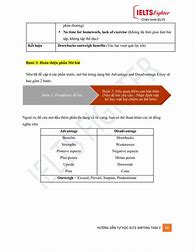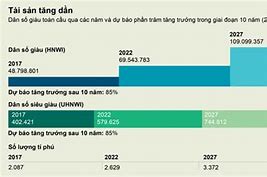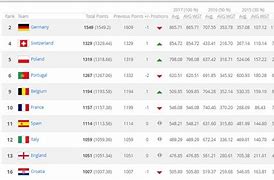
Hướng Dẫn Tự Học Ielts Writing Task 2
Wir verwenden Cookies und Daten, um
Wir verwenden Cookies und Daten, um
Các lưu ý để không bị mất điểm khi làm bài IELTS Writing
Việc hiểu được Cách tính điểm IELTS Writing sẽ giúp bạn thêm tự tin và để tâm đến những lỗi sai thường gặp khi làm bài. Edmicro IELTS chúc bạn đạt được kết quả mong muốn trong kỳ thi IELTS!
Today, it seems to be universally accepted that increased education is a good thing. Thousands of colleges and millions of students spend vast amounts of time and money chasing pieces of paper. But what is the value of these qualifications? This essay will discuss whether education has been devalued.
Supporters of education (usually teachers or educators, or those who have an interest in stopping people thinking for themselves) say that increased levels of education will open doors for students. Certificates, diplomas, and degrees are held up as a status symbol, a passport to a private club of money and power.
However, the truly powerful are not those who have taken degrees, but people who have stood back and looked at what is really important in life. They have seen opportunity and followed dreams. These people are found in every part of society. Like many brilliant people, Einstein was a weak student at math. Like many successful businessmen, Bill Gates never completed college. Like many inventive and creative people, Edison never went to school. The greatest religious teachers do not have letters after their name, but have looked into their hearts for meaning. Similarly, the world’s political leaders do not have master’s degrees or doctorates. These are the people who shaped our century, and they are too busy with real life to spend time in the paper chase.
Students in college are being sold an illusion. They are made to believe that self-understanding and society approval will come with the acquisition of a piece of paper. Instead of thinking for themselves, and finding their own personality and strengths, they are fitted like square pegs into round holes.
The role of education is to prepare masses of people to operate at low levels of ability in a very limited and restricted range of activities. Some of these activities are more challenging than perhaps the assembly lines of the past, but still the ultimate purpose is equally uninteresting. More worryingly, despite the increased level of education, people are still not genuinely expected to think for themselves. In fact, the longer years of schooling make the job of brainwashing even easier.
There is still a role for study, research, and education. However, we need to examine our emphasis on education for the sake of a piece of paper, and to learn the real meaning and revolutionary challenge of knowledge.



















